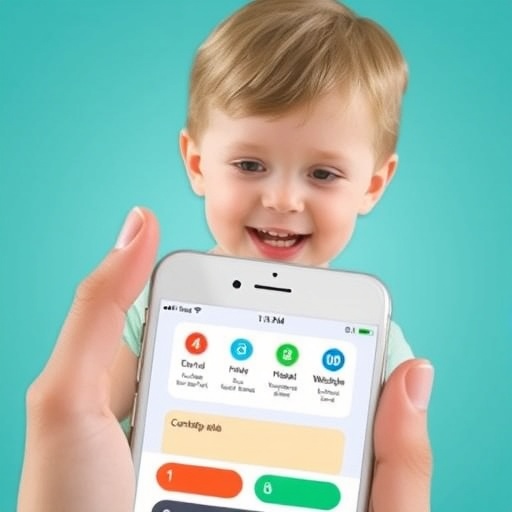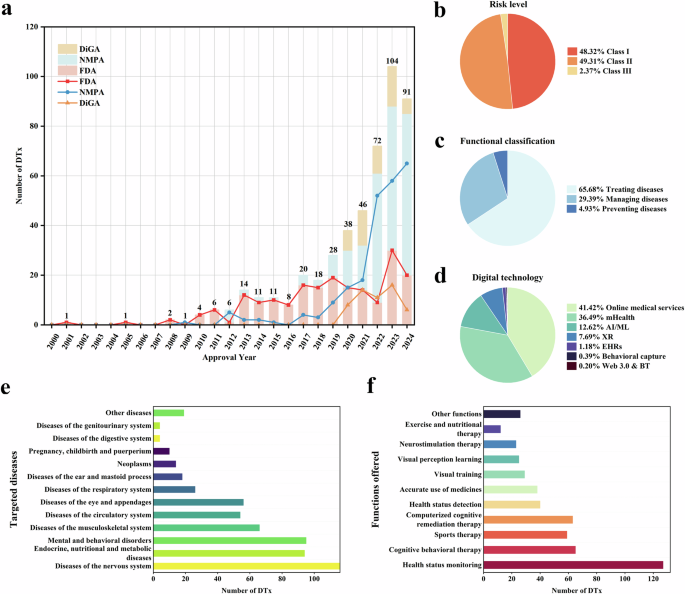Mobile Apps are Revolutionizing Healthcare, Here’s How to Make Them Better

 The following is a guest article by Mav Turner, Chief Product & Strategy Officer at Tricentis
The following is a guest article by Mav Turner, Chief Product & Strategy Officer at Tricentis
The healthcare industry stands at the forefront of innovation, consistently leveraging emerging technology to enhance patient care and operational efficiency. Recently, we’ve seen the adoption of mobile devices and applications transform clinical practice, facilitating seamless communication, data management, and patient engagement. With more than 350,000 healthcare apps available on the global market and around 311 million health app users, this rapidly growing market is expected to reach a projected revenue of $194 billion by 2024.
Despite the growing importance and necessity of mobile apps in the healthcare space, ensuring the quality and accessibility of these applications remains a challenge. As a result, there is more of a greater focus for developers and other IT professionals to utilize AI and automation to improve mobile testing processes and, in turn, develop more secure, accessible, and compliant applications for the healthcare industry.
The Problem with Today’s Mobile Apps
The healthcare industry is struggling to deliver the high-quality mobile applications required to deliver great patient care. A recent survey of senior IT professionals and application developers, including those in the healthcare space, found that end-users are experiencing a wide variety of challenges when using mobile applications, including unsupported devices or platforms (47%), buggy or slow mobile experiences (44%), a lack of native application availability (36%), and difficult-to-use interfaces (34%). Further, these poor-quality mobile applications can also have a detrimental impact on the financial success of a healthcare company: a staggering 90% of IT professionals and developers – around 22% of which are from the healthcare industry – estimate that poor mobile application quality could cost their business up to $2.49M in revenue.
At the core of this is one likely culprit: poor mobile app development testing strategies. A critical part of app development, mobile testing is the process of evaluating the functionality, usability, and performance of a mobile application. It can help identify bugs, compatibility issues, and usability concerns, and enhance customer experiences and app reliability. In fact, 81% of IT professionals in the healthcare space deem testing as important to the quality and success of their organization’s mobile app development.
Despite its importance, almost all (99%) of organizations say they have faced one or more challenges when implementing their development and testing strategy. For IT professionals in healthcare, this can include competing priorities (30%), lack of resources (32%) and talent (32%), time and project management challenges (26%), and more.
As apps become increasingly popular in the healthcare space, it’s critical that developers and IT professionals enhance their testing processes to create secure and accessible products. This is where AI and automation come in.
AI and the Path to App Success
AI and automation are critical to improving mobile testing processes and building higher-quality applications. These tools are able to facilitate the creation of comprehensive test cases, execute tests across various devices, platforms, and networks, and quickly identify failures. Altogether, this helps to improve test coverage and reliability while simultaneously optimizing app features, enhancing performance, and refining user experience.
When AI is integrated into testing processes, IT professionals and developers in healthcare expect to see improved application quality (41%), increased productivity (32%), enhanced end-user experience (45%), and a reduced number of vulnerabilities and bugs (27%). Additionally, over one-third (40%) are expecting AI to create greater accessibility for end-users.
There are also cost-saving benefits to AI – 41% of senior IT professionals and application developers in the healthcare space think they would save between half and three-quarters (51-75%) of their organization’s budget per year by moving toward fully automated mobile application testing, and a further quarter (26%) expect they would save anywhere between 76-100% of their budget per year.
Despite the benefits, the healthcare sector isn’t fully on board the AI train quite yet. The same survey found that positive sentiment towards AI in mobile software development was a bit lower in Healthcare; only about 67% of respondents noted a positive sentiment, compared to 80% of those in Retail, 76% of those in Financial services, 75% of those in Manufacturing, and 69% of those in Energy and utilities. Even further, under a quarter (23%) of those in Healthcare said they’re using AI as part of their mobile testing strategy.
It’s clear it’s time for a change. AI and automation are critical to bolstering testing strategies and developing the secure, accessible, and compliant mobile applications the Healthcare industry desperately needs.
Better Apps, Better Healthcare
The Healthcare industry’s rapid integration of mobile technology and applications is a testament to their commitment to innovation, patient care, and operational efficiency. Yet, despite the wide array of health-focused apps and the growing number of users, developing and deploying high-quality and high-performing applications remains a challenge.
By embracing AI and automation, developers and IT professionals can revolutionize mobile testing processes, fostering the creation of secure, accessible, and compliant applications. Particularly as the Healthcare sector continues to stand at the forefront of innovation, the benefits of AI-driven testing strategies highlight the urgent need for adoption to meet the evolving demands of healthcare technology.
Get Fresh Healthcare & IT Stories Delivered Daily
Join thousands of your healthcare & HealthIT peers who subscribe to our daily newsletter.
link







